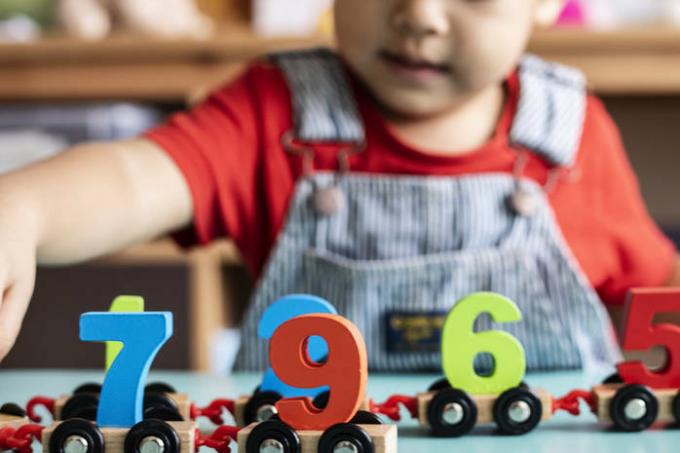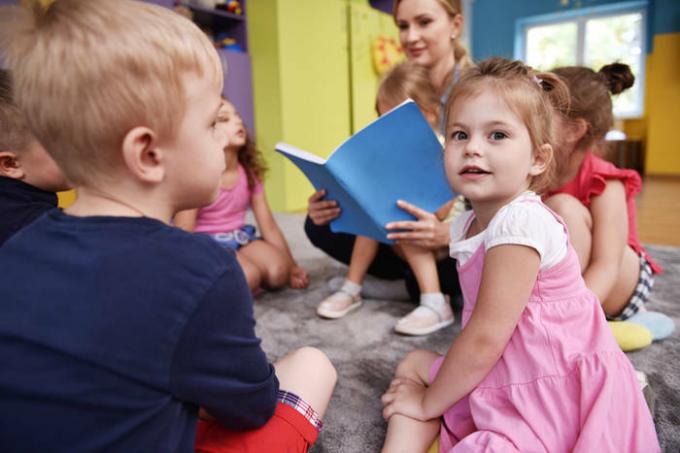
Forest Tamara
Weekend editor
All articles by the author ...

What to do for a child to quickly adapt to kindergarten
istockphoto.com
Going to kindergarten for the first time is not an easy task for both the baby and the parents. These tips will help you adapt your child to kindergarten as gently as possible for him and your psyche.
How not to do
- Do not talk badly about the kindergarten or the teacher. Even if that was exactly how it was in your childhood. Don't share negative experiences with your child even as a joke. Try to "match" the teacher to the baby: introduce him before the start of the school year. Psychologists recommend shaking hands with the teacher at the first meeting: so the child will understand that his mother trusts him, so I can.

Don't talk bad about the kindergarten or the teacher / istockphoto.com
- Do not put in the garden all day at once. A sharp change in the picture - from home to an unfamiliar place, can not only upset the baby, but also subsequently create a negative perception of the garden as a second home. In the early days, try to pick up the child in an hour or two. Gradually increase the time, focusing on the baby.
- Speak when you pick up your child from the garden. Most children do not know how to navigate by the clock. Therefore, your "I'll pick you up at six" does not give any support to the baby. Here, try to explain to the child at what point you will pick him up: after sleep, when you come from a walk, have an afternoon snack, etc. And remember the golden rule - never be late!
- Don't tell tales about the garden. Don't exaggerate the child's joy in the garden. Excessive enthusiasm and joy at the educational institution can be interpreted literally. But in the garden there is everything, as in life: resentment, struggle for toys, tears, etc. Talk honestly and openly with your baby about what awaits him in the garden. Describe your daily routine in detail - prepare it for a variety of everyday situations.
How to make it easier to break up with your mom?
- Don't walk away when your child is distracted. This undermines your credibility. Always saying goodbye, say: I'll pick it up after soup, after sleep, etc.
- If there is a very strong contact with mom, let dad take it to the garden, and mom take it.
- Come up with rituals, and talk to your caregiver. For example, let the child be sure to wave to mom from the garden window.
- Agree with the teacher to take a walk with you and the child in private (discuss the amount). Ideally, if he was visiting you.
- Allow me to take your favorite toy to the garden. Let the child play the role of the parent of this toy - take it to the garden, talk about what the toy will do, etc. such a friend helps a lot during adaptation to the garden.

For soft adaptation to the garden, allow your child to take their favorite toy into the garden / istockphoto.com
- Mom = child. You can draw identical patterns on your palms. When you are sad, you can look at your hand and remember your mother. Or, for example, hearts in your pocket - the same goal: when sad, pull out a paper heart.
You will also be interested in:
Parents can now enter schools and kindergartens
10 types of parents who are terrified of kindergarten teachers
Child refuses to eat in kindergarten


